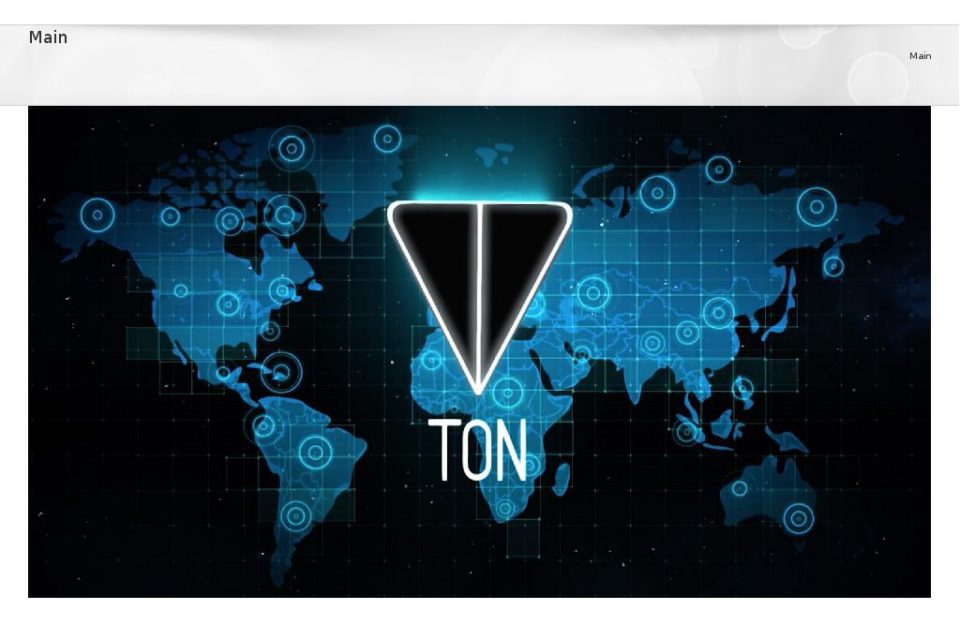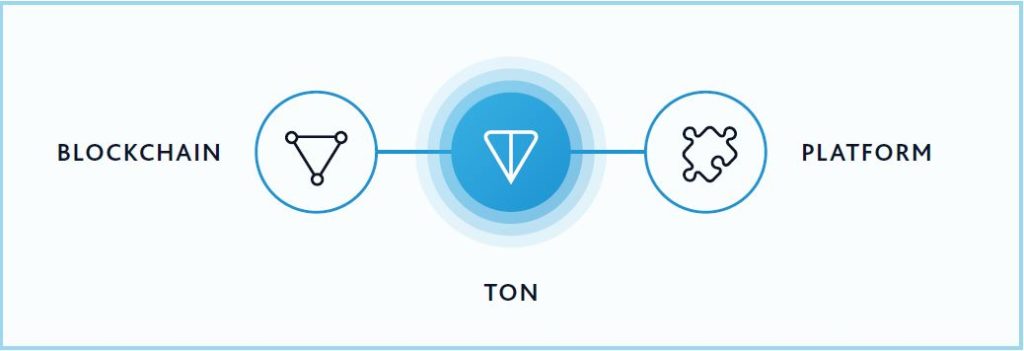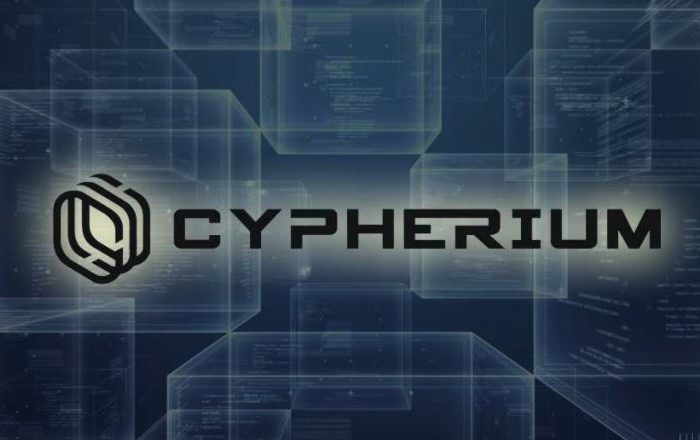Messaging app Telegram is looking to raise $1.2 billion in ICO, the largest token sale ever

Cloud-based mobile and private messaging app Telegram is planning to raise $1.2 billion in initial coin offering (ICO). The ICO will be the largest token sale ever. Its proposed blockchain network and platform is aimed at solving the shortcomings of existing cryptocurrencies like Bitcoin and Ethereum. The company plans to raise a staggering $1.2 billion in total, starting with a $600 million pre-sale that’s strictly for traditional venture capital backers and those inside its executive’s close circles. That first stage is running from January to February by invite-only. Telegram, which has more than 100,000,000 monthly active users is looking to raise at least $1.2 billion from a token sale which would include a private sale set for February 2018 and public sale in March.
In a leaked copy of the white paper primer shared Cryptovest, the document provides a detail of Telegram’s blockchain-powered ambitions. According to the information in the document, Telegram plans to launch in 2018, a cryptocurrency that will be based on multi-blockchain Proof-of-Stake system — TON (Telegram Open Network, after 2021 The Open Network) — designed to host a new generation of cryptocurrencies and decentralized applications. The Telegram Open Network (TON) will be a “third generation” blockchain with more efficient transaction and scaling capabilities than current solutions like Bitcoin and Ethereum.
Telegram also plans to create its own platform that is better than Ethereum to host a new wave of decentralized services and internet experiences. Telegram will leverage its existing ecosystem of communities, developers, publishers, payment providers, and merchants to drive demand and value for TON cryptocurrency. A whole new economy saturated with goods and services sold for cryptocurrency will be born — similar to WeChat’s fiat-based marketplace, but not confined to a centralized service.
TON Blockchain
At the core of the platform is the TON Blockchain — a scalable and flexible blockchain architecture5
that consists of a master chain and up to 292 accompanying blockchains. Below are some notable
design choices that allow the TON Blockchain to process millions of transactions per second.

TON Platform
As a multi-blockchain project, TON requires sophisticated network protocols — such as the TON
P2P Network used to access the TON blockchains6 — that can be reused to give a significant boost
in flexibility to the platform. The TON platform consists of five components (below) that are scheduled to be releases after the TON Blockchain core and will further increase the potential uses of the TON infrastructure.
- TON Storage
- TON Proxy
- TON Services
- TON DNS
- TON Payments
Uses of TON as a Cryptocurrency
In addition to payments for all digital and physical assets sold by individual merchants within the Telegram ecosystem and on other projects integrated with TON, the TON coins (Grams) will be used as:
- Commission («gas») paid to TON nodes («validators») for processing transactions
and smart contracts; - Stakes deposited by validators to be eligible to validate transactions and generate
new blocks and coins; - Capital lent out to validators in exchange for a share of their reward;
- Voting power required to support or oppose changes in the parameters
of the protocol; - Payment for services provided by apps built on the platform (TON Services);
- Payment for storing data securely in a decentralized way (TON Storage);
- Payment for registering blockchain-based domain names (TON DNS) and hosting
TON-sites (TON WWW); - Payment for hiding identity and IP addresses (TON Proxy);
- Payment for bypassing censorship imposed by local ISPs (TON Proxy).
All of these services can be free for the users since the application owners may choose to cover the
corresponding fees, and adopt a freemium or an advertisement-based business model.
The Telegram backend team, which has an unparalleled ratio of winners of worldwide
coding competitions, specializes in creating secure data storage engines for distributed server
infrastructures. All networking, cryptographic, and database engine software running on thousands
of Telegram servers is custom-built by these developers.




